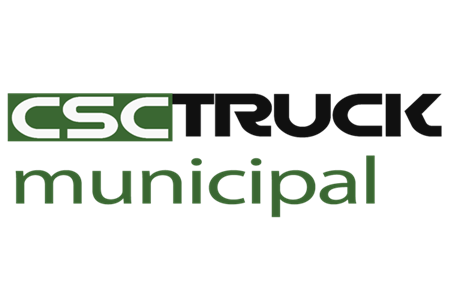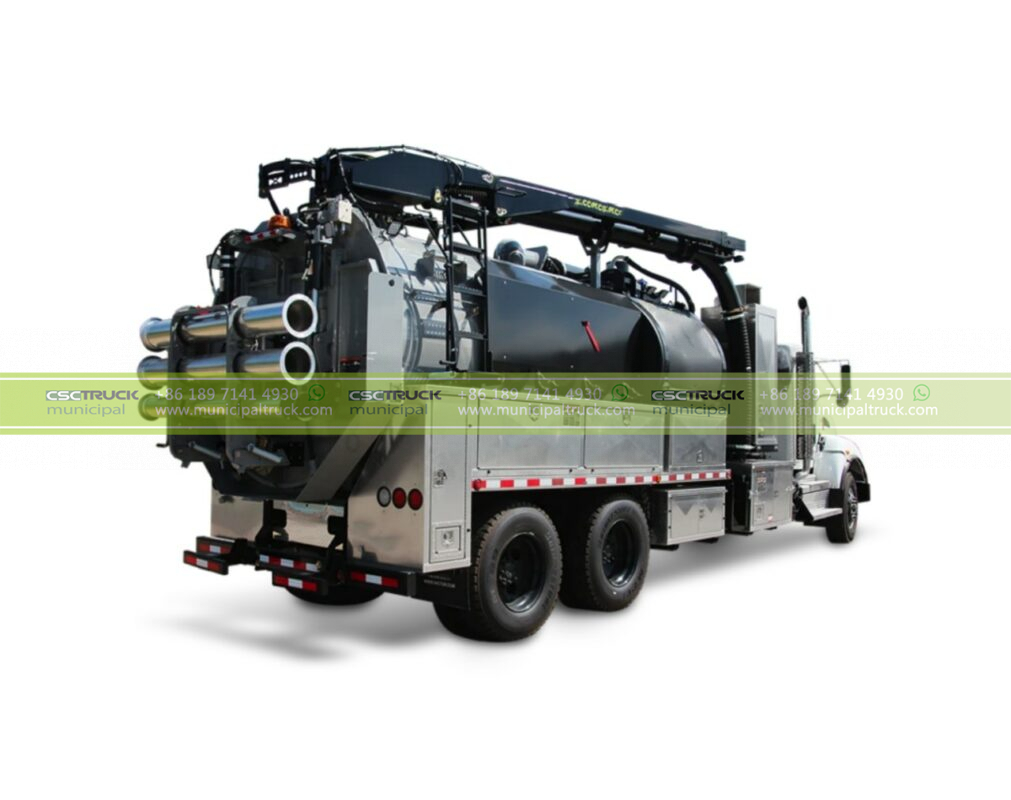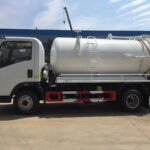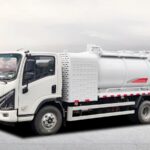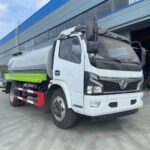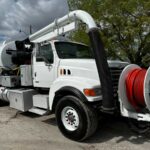Efficient sewage management is crucial for maintaining public health and preserving the environment. Vacuum sewer trucks play a vital role in this process by facilitating the collection and transportation of wastewater and sewage materials. These specialized trucks are designed to handle various waste management tasks effectively, but choosing the right vacuum sewer truck for your specific needs requires careful consideration of several key factors. In this article, we will explore these factors and their significance in ensuring the effective management of vacuum sewer systems.
- Capacity and Tank Size: The capacity and tank size of a vacuum sewer truck determine its ability to handle different volumes of wastewater. It is essential to assess the requirements of your specific application, considering factors such as the size of the service area, population density, and expected waste volume. Investing in a truck with an adequately sized tank ensures that it can handle the workload without requiring frequent trips for emptying, minimizing downtime, and maximizing productivity.

- Pumping Power: The pumping power of a vacuum truck is crucial for efficient wastewater collection. The vacuum system should be powerful enough to create the necessary suction force to extract the sewage from the collection points effectively. A robust pump with a high suction capacity ensures quick and thorough waste removal, reducing the chances of blockages and system failures. It is advisable to choose a vacuum truck equipped with a reliable pump that can handle the specific requirements of your sewage management system.
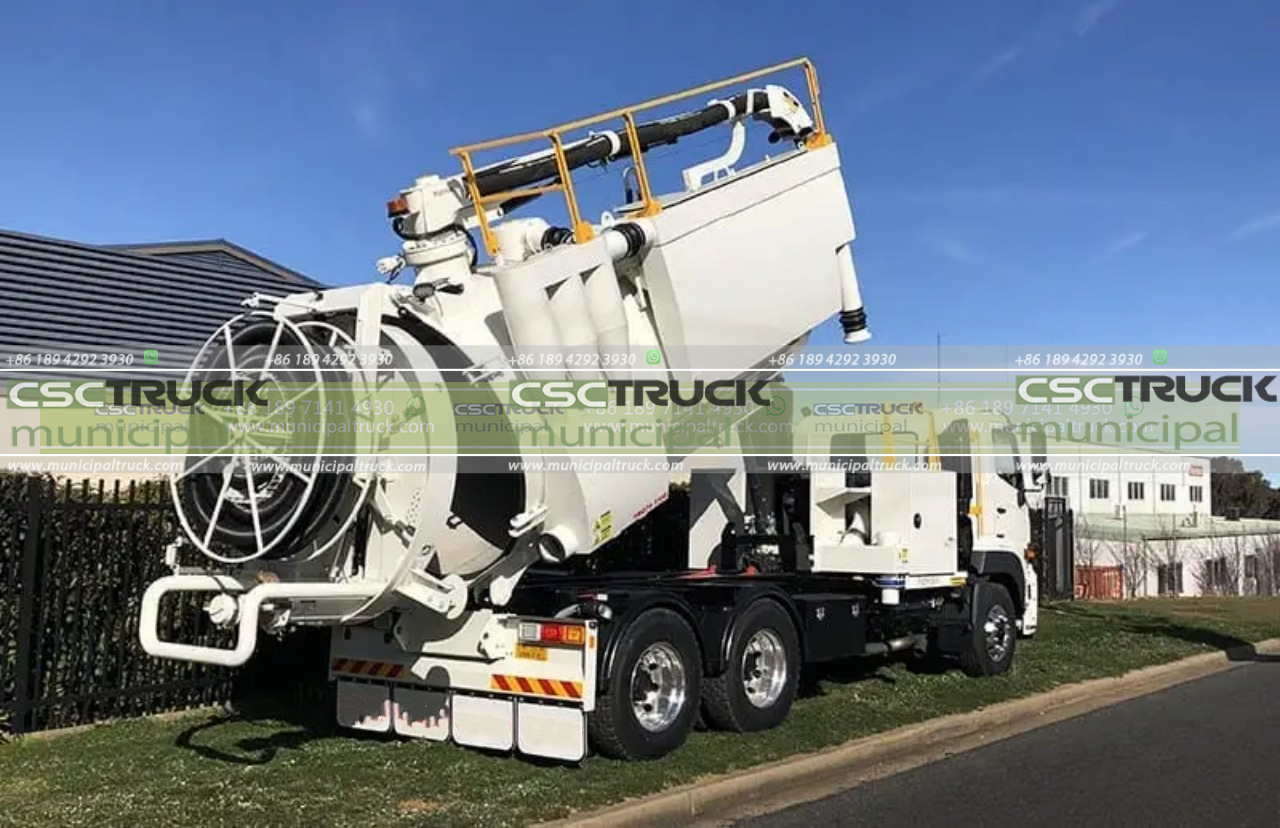
- Maneuverability and Accessibility: Vacuum sewer systems often consist of underground pipelines and collection points that may be challenging to access. Therefore, it is essential to consider the maneuverability and accessibility features of a vacuum truck. Look for trucks with compact designs and flexible hoses that can navigate tight spaces and reach remote collection points with ease. Additionally, features like extendable arms or booms can further enhance accessibility, allowing the truck to reach areas that are difficult to access directly.

- Maintenance and Serviceability: Regular maintenance and servicing are vital for ensuring the longevity and optimal performance of your vacuum sewer truck. When selecting a truck, consider its maintenance requirements, availability of spare parts, and the reputation of the manufacturer in providing after-sales support. A truck with easily accessible components and a user-friendly design simplifies maintenance tasks and minimizes downtime. Prioritize vehicles from manufacturers with a strong track record of reliability and customer support to ensure prompt assistance when needed.
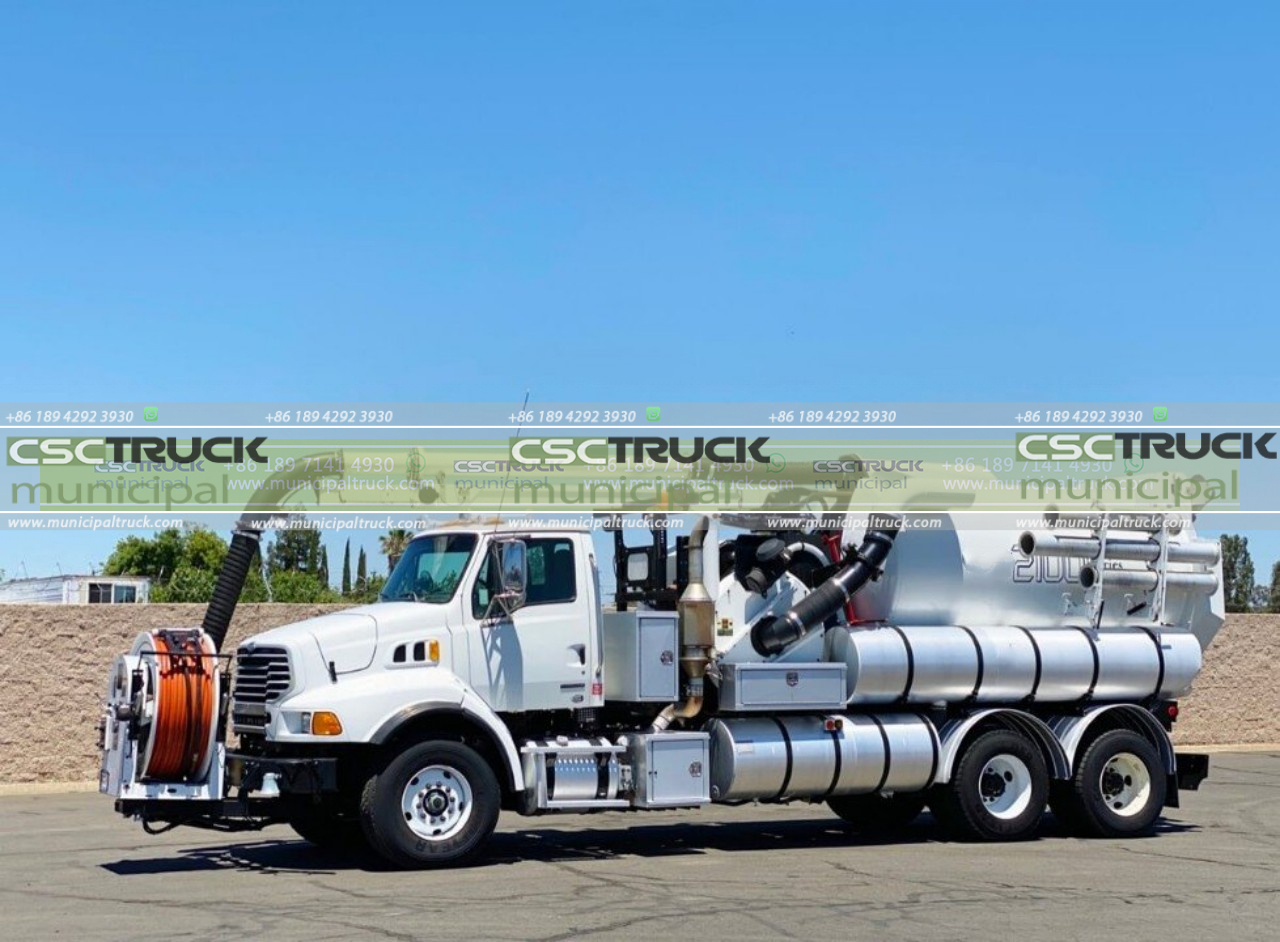
- Safety Features: Operating a vacuum sewer truck involves potential hazards, so prioritizing safety features is essential. Look for trucks equipped with safety devices such as emergency stop buttons, visual and audible alarms, and safety interlocks to prevent accidents and protect operators and pedestrians. Additionally, features like rearview cameras, proximity sensors, and ergonomic controls contribute to safe and efficient operation. A truck with comprehensive safety features can help minimize risks and create a secure working environment for your operators.

- Environmental Considerations: Sustainability and environmental consciousness are becoming increasingly important in waste management practices. When choosing a vacuum sewer truck, consider features that contribute to environmental preservation. Trucks equipped with advanced filtration systems and containment mechanisms minimize the release of odors, harmful emissions, and pollutants into the environment. Furthermore, vehicles with fuel-efficient engines or alternative energy options help reduce carbon footprints and operating costs.

- Cost and Value: While the initial cost of a vacuum sewer truck is a significant consideration, it is crucial to evaluate the overall value it offers. Look for trucks that provide a balance between cost and features, ensuring optimal performance and longevity. Assess factors such as fuel efficiency, maintenance requirements, warranty terms, and expected lifespan to determine the true value of a truck. Investing in a reliable, high-quality vacuum sewer truck may require a higher upfront cost but can yield long-term benefits in terms of productivity, reliability, and reduced operational expenses.
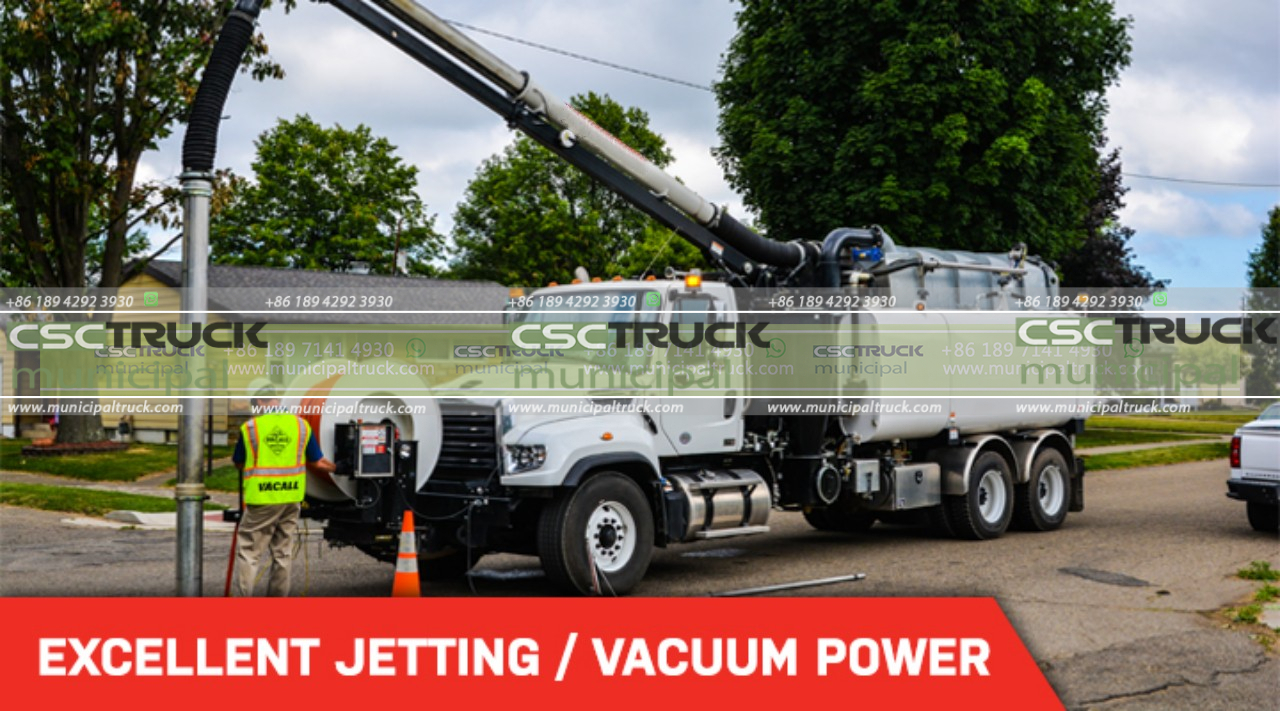
In conclusion, selecting the right vacuum sewer truck for the effective management of sewage systems requires careful consideration of several key factors. These include capacity and tank size, pumping power, maneuverability and accessibility, maintenance and serviceability, safety features, environmental considerations, and overall cost and value.
By evaluating these factors about your specific sewage management needs, you can make an informed decision that ensures the efficient and reliable operation of your vacuum sewer truck. Remember to assess the capacity and tank size to handle the expected waste volume without frequent emptying trips.
The pumping power of the truck’s vacuum system should be robust enough to create a sufficient suction force for effective waste extraction, minimizing blockages and system failures. Additionally, consider the maneuverability and accessibility features of the truck, such as compact designs, flexible hoses, and extendable arms, to reach even the most challenging collection points.
Maintenance and serviceability are crucial for the longevity and optimal performance of your truck. Prioritize trucks with accessible components, user-friendly designs, and reliable after-sales support to minimize downtime and ensure prompt assistance when needed.
Safety features should not be overlooked, as they play a vital role in protecting operators and pedestrians. Look for trucks equipped with emergency stop buttons, visual and audible alarms, safety interlocks, and advanced features like rearview cameras and proximity sensors.
Environmental considerations are increasingly important in waste management practices. Choose trucks with advanced filtration systems and containment mechanisms to minimize odor, emissions, and pollutants. Fuel efficiency and alternative energy options can further contribute to reducing environmental impact and operating costs.
While cost is an important factor, it should be balanced with the overall value of the truck. Consider factors like fuel efficiency, maintenance requirements, warranty terms, and expected lifespan to determine the long-term benefits and cost-effectiveness of the truck.
In conclusion, selecting the right vacuum sewer truck for the effective management of sewage systems requires a comprehensive evaluation of capacity, pumping power, maneuverability, maintenance, safety, environmental considerations, and cost. By considering these key factors and aligning them with your specific needs, you can make an informed decision that ensures efficient and sustainable sewage management.
Contact us for this municipal truck or similar trucks: [email protected] Call us or What's APP us: +86 189 4292 3930
